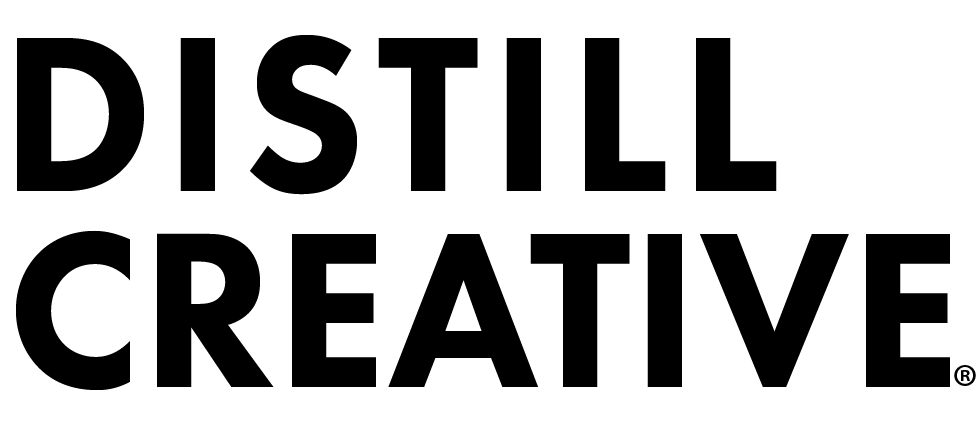You Are The Road Map
Last week I was at a Hidden Tracks listening session hosted by my friend for the exhibit “The Moon Represents My Heart” at the Museum of Chinese in America. The subtitle of the show is “Music, Memory and Belonging” and illustrates how Chinese immigrant communities have created, transformed, and experienced music via recordings, album covers, photographs, musical instruments, anecdotes, and other artifacts, creating a physical playlist that you can walk through and get lost in.
The exhibit is excellent, but what happened during the listening session was amazing. After some awkward conversation with strangers and acquaintances, I eventually got into a conversation with a group of women of color about our own personal histories, cultures, ancestors, and our feelings — strong, scary, tear-jerking, and complicated — about ourselves regarding all of these things.
We have strong feelings because none of us were just one thing — we are all mixed in culture and appearance and have serious issues with our past and present identities because of how our parents, grandparents, or great-grandparents were treated and how they had to perform and conform when they came to the United States. They were all immigrants coming to start a new life and assimilate into US culture.
Assimilation is hard and the implications are varied. In an effort to assimilate, our families probably had to be something they were not and in doing so, erased huge parts of their culture and language, which is why, for example, I did not grow up speaking Spanish nor did I have a quinceañera. I am considered, probably, ‘white-washed,’ but not by choice and I’ve been trying to reclaim the parts of my family history that were unconsciously or consciously lost multiple generations ago.
Because of how we look — me and this group of ladies I randomly came into conversation with at the museum — we also aren’t and haven’t been accepted into either group. Not by Americans and not by whatever culture (or cultures) our parents, grandparents, or great-grandparents came from. When I lived on the Latino floors in a dorm at USC, everyone said I wasn’t Mexican enough, or Latina enough. When I used to stay late at my corporate job in the fancy office buildings, the brown cleaning ladies would do a double take wondering why I wasn’t cleaning. We are never enough. We are never the right look for the role. We don’t fit into the box.
We are, as one woman said during this conversation, in purgatory.
And it’s really frustrating to be here and have thought about this weird place for a very long time, and now, suddenly, be kind of valued for looking the way we look and have the histories we have. Like — look! This model is BROWN! She’s from an exotic place, or looks like she must be! It’s so cool!
We’ve been here, looking this way, thinking about these things, being treated very strangely by all the other girls (and men, of course) in the room but finally, finally!, we’ve found each other and we were able to get excited about this moment, together, because maybe it’s going to be alright. Maybe, as another woman said, we are the road map and there is a path that we can pave for those who are just beginning to be seen. Because we, us brown ambiguous looking ladies, we are the lucky ones.
For so long we’ve been following everyone else’s path and it just isn’t there anymore for where we are in life, maybe it was never there for women who look and think like us. It literally doesn’t pay anymore to fit in — there are no jobs that are secure and there isn’t anyone who looks like me at the very top of the places I want to be.
“You are the road map”. “We’ve been in purgatory”.
We are brown girls from a variety of mixed backgrounds and we exist. We’ll keep being just the way we are. We hope you accept that we don’t fit in a box.
